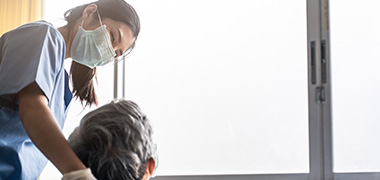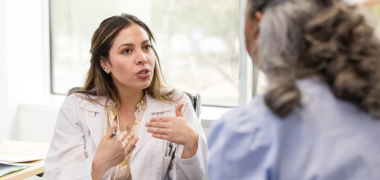
AI Occupational Exposure score unavailable For more insight, research the specific tasks and skills required for the role.
Explore all careersA Remote Area Nurse provides essential healthcare services in isolated communities, addressing various medical needs and emergencies.
Get qualified to work as a Remote Area Nurse with a course recognised across Australia. Speak to a training provider to learn more.
In Australia, a full time Remote Area Nurse generally earns $2,000 per week ($104,000 annual salary) before tax. This is a median figure for full-time employees and should be considered a guide only. As you gain more experience you can expect a potentially higher salary than people who are new to the industry.
 Courses.com.au Team
Courses.com.au Team
This industry has experienced a strong increase in employment numbers over the last five years. There are currently 298,400 people working as a nurse in Australia and many of them specialise as a Remote Area Nurse. Remote Area Nurses may find work across rural and remote regions of Australia.
Source: Australian Government Labour Market Insights
 Courses.com.au Team
Courses.com.au Team
If you’re interested in a career as a Remote Area Nurse, consider enrolling in an Advanced Diploma of Nursing (Rural and Remote). This course covers a range of topics including emergency care nursing, primary health nursing, maternity and infant care, assisting people with mental health and alcohol or drug issues, contemporary nursing practices and clinical assessments.
 Courses.com.au Team
Courses.com.au Team



A Remote Area Nurse in Australia provides essential healthcare to isolated communities, serving as the primary contact for patients. Their duties include health assessments, medication administration, emergency care, and chronic condition management, requiring strong clinical skills.
Remote Area Nurses also promote health education and collaborate with local teams on initiatives while maintaining patient records. Adaptability and effective communication are crucial for building trust within these communities.